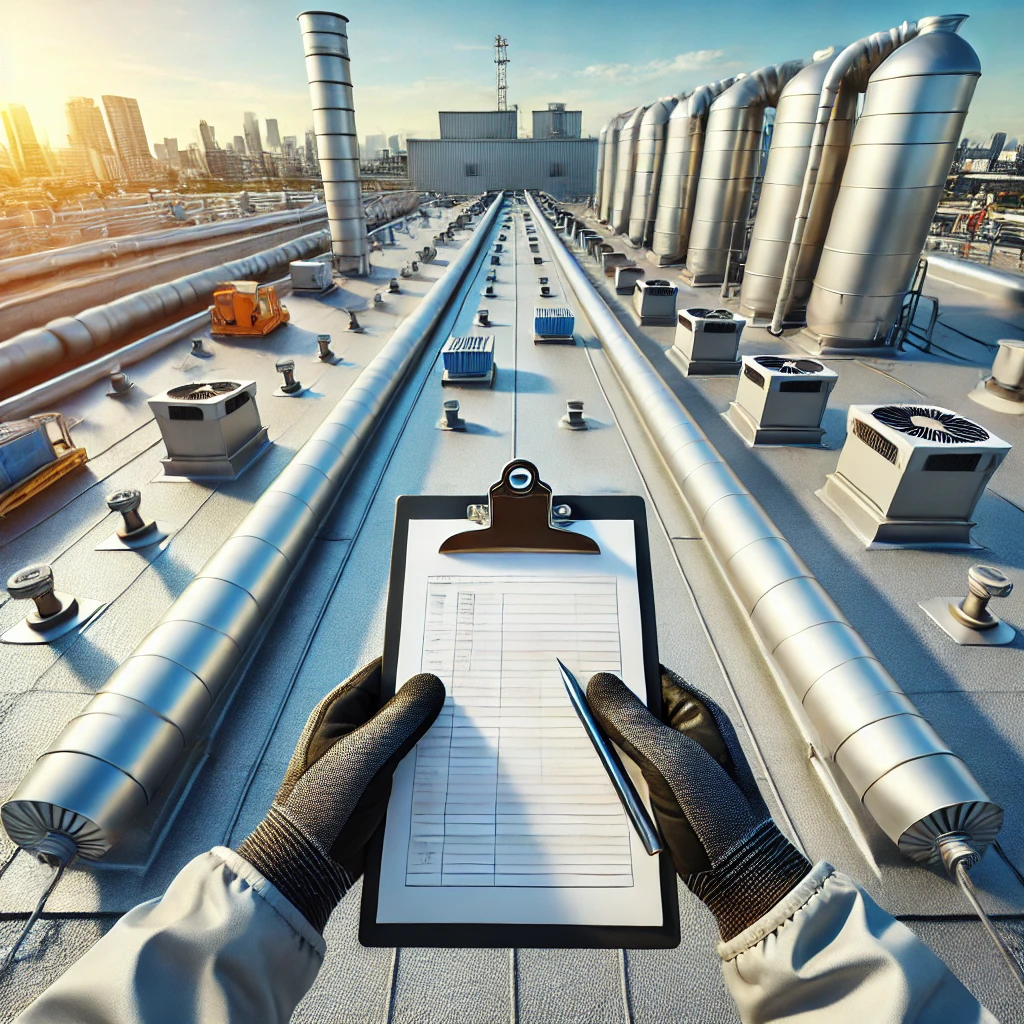The Ultimate Guide to Commercial Roofing: Choosing the Best Material for Your Business
Your commercial roof is one of the most critical components of your building, protecting your business from the elements while contributing to energy efficiency and property value. Choosing the best commercial roofing material is essential for ensuring long-term durability, cost-effectiveness, and performance.
With so many commercial roofing options available, it can be challenging to determine which material is best for your needs. This guide will walk you through the most popular commercial roofing materials, their pros and cons, and the key factors you should consider before making a decision.
Best Commercial Roofing Materials
1. TPO (Thermoplastic Polyolefin) Roofing
TPO is one of the most commonly used commercial roofing systems today, known for its affordability and energy efficiency.
Pros:
- Highly reflective surface reduces cooling costs.
- Resistant to UV rays, chemicals, and punctures.
- Heat-welded seams create a watertight seal.
- Cost-effective compared to other flat roofing materials.
Cons:
- Can be prone to shrinking over time.
- Installation quality varies depending on contractor expertise.
Best For:
- Businesses looking for an energy-efficient roofing system.
- Warehouses, retail spaces, and office buildings.
2. EPDM (Ethylene Propylene Diene Monomer) Roofing
EPDM, commonly known as rubber roofing, has been a staple in commercial flat roofing for decades due to its durability and flexibility.
Pros:
- Extremely durable, with a lifespan of 20-30 years.
- Flexible and can expand and contract with temperature changes.
- Cost-effective and relatively easy to install.
Cons:
- Black EPDM absorbs heat, making it less energy-efficient than other options.
- Seams require adhesive or tape, which can weaken over time.
Best For:
- Businesses looking for a long-lasting commercial roofing option.
- Industrial buildings and large commercial structures.
3. PVC (Polyvinyl Chloride) Roofing
PVC roofing is known for its superior durability and resistance to chemicals, making it ideal for restaurants and industrial applications.
Pros:
- Highly resistant to grease, chemicals, and fire.
- Energy-efficient with a reflective surface.
- Strong, heat-welded seams for superior waterproofing.
Cons:
- Higher upfront cost compared to TPO and EPDM.
- Can become brittle over time in extremely cold climates.
Best For:
- Restaurants, factories, and industrial buildings exposed to chemicals and grease.
- Businesses prioritizing long-term durability over initial cost.
4. Metal Roofing
Metal roofing is a premium commercial roofing option that offers longevity and a modern aesthetic.
Pros:
- Can last 40-60 years with proper maintenance.
- Excellent resistance to wind, fire, and impact damage.
- Reflective coatings improve energy efficiency.
Cons:
- Higher initial cost.
- Can be noisy during rain or hailstorms without proper insulation.
- Prone to rust if not properly coated and maintained.
Best For:
- Commercial buildings looking for a long-term investment.
- Warehouses, retail centers, and high-end office buildings.
5. Built-Up Roofing (BUR) Systems
BUR is a traditional commercial roofing system made up of multiple layers of asphalt and reinforcing fabrics, creating a highly durable and waterproof surface.
Pros:
- Multiple layers provide excellent waterproofing and insulation.
- Long lifespan when properly maintained.
- Resistant to foot traffic and minor impacts.
Cons:
- Heavy material requires a strong roof structure.
- Installation can be time-consuming and labor-intensive.
Best For:
- Buildings that require a robust, long-lasting roof.
- Industrial buildings and commercial properties with frequent rooftop access.
Key Factors When Choosing a Commercial Roof
Before making your decision, consider the following key factors to ensure you select the best commercial roofing material for your business:
✅ Climate Considerations: Choose a roofing material that can withstand extreme temperatures, frequent storms, and environmental conditions specific to your area.
✅ Energy Efficiency: Reflective roofing materials like TPO, PVC, and metal can reduce cooling costs and improve insulation.
✅ Budget Planning: Some materials have lower upfront costs but require more maintenance, while others offer a higher ROI over time.
✅ Lifespan & Maintenance Needs: Consider how long the material will last and the maintenance requirements involved in keeping it in top condition.
✅ Building Use: If your business involves chemicals, grease, or high foot traffic, choose a material that meets those demands.
Final Thoughts
Selecting the right commercial roofing system is a significant decision that impacts your building’s durability, efficiency, and long-term costs. By understanding the strengths and limitations of each material, you can make an informed choice that best suits your business needs.
At Make It Happen, we specialize in commercial roofing solutions tailored to your specific requirements. Whether you’re considering TPO, EPDM, PVC, metal, or BUR, our team of experienced professionals will help you choose the best roofing system and ensure a seamless installation process.
📞 Contact us today at 708-374-8360 or visit www.makeithappenroofing.com to schedule a consultation and get a free estimate on your commercial roofing project!

